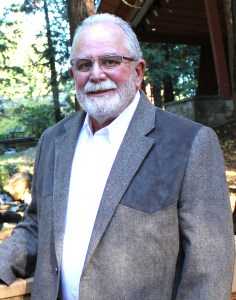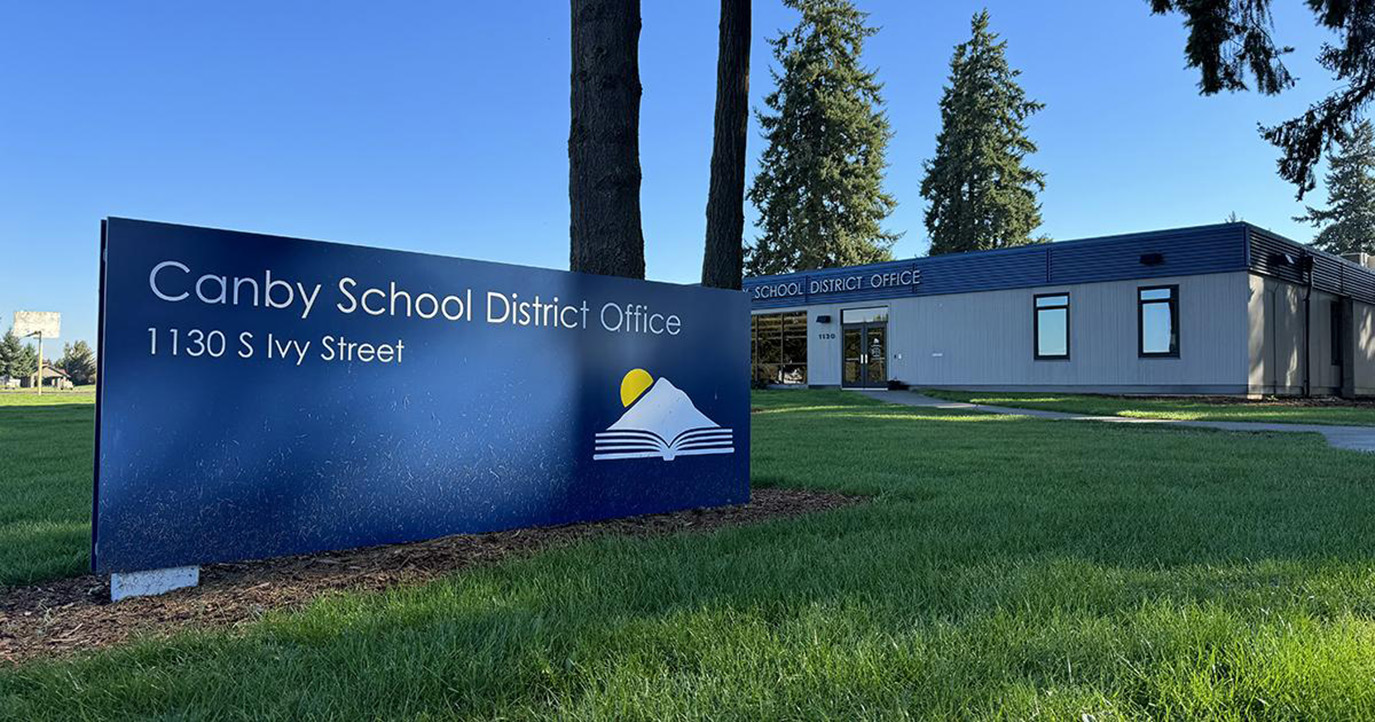Letters to the Editor
Published 6:37 am Tuesday, June 17, 2025
HB2025 Misses the Mark for Oregon Families
As a lifelong Oregonian, a father, and a grandfather, I’ve always believed in investing in our state’s future – but not at the expense of working families who are already struggling. The recently released House Bill 2025 (HB 2025), a transportation funding package, is being promoted as a solution to Oregon’s infrastructure needs.
While investment in our roads and bridges is important, this bill is packed with new taxes and fees that place an unfair burden on hardworking Oregonians.
The proposal includes a 15-cent increase to the state gas tax over the next eight years, higher vehicle registration and title fees, a tax on vehicle sales and transfers, and a road usage charge targeting electric vehicle drivers.

Matt Bunch.
It also proposes a nearly tripled payroll tax for transit funding. For many families already grappling with rising costs at the grocery store, the gas pump, and the housing market, this is simply too much. The last thing Oregonians need is to be nickel-and-dimed just to get to work or pick their kids up from school.
Yes, Oregon’s transportation system needs attention—our roads are aging, congestion is worsening, and safety improvements are long overdue. But the answer isn’t to push through a bloated tax package that makes life more expensive for everyone. There are smarter, more responsible ways to fund these improvements without raising taxes across the board.
Rather than starting with higher taxes, we should begin by examining how current transportation dollars are spent. We must demand accountability, cut wasteful spending, and reallocate resources to prioritize what Oregonians use most – safe, reliable roads, bridges, and transit systems that actually serve working families. There is also room for increased efficiency and transparency within state agencies tasked with overseeing these projects.
Another major concern is how the money will be distributed. Too often, rural and suburban communities are left behind while resources are funneled into megaprojects and fringe priorities. HB 2025 spreads funding across a wide range of programs – some of which have merit – but many of which fail to address the day-to-day transportation challenges faced by the average Oregonian.
We should be investing in infrastructure that supports small towns and local economies, not just the urban centers.
The people of Oregon need a transportation plan that reflects their priorities and respects their wallets. We can and should fix our infrastructure, but it must be done with careful planning, real accountability, and without forcing working families and small businesses to bear the brunt of the cost.
As someone who has spent a lifetime working in and advocating for my community, I know we can do better. Let’s put forward a transportation package that is truly for the people—one that strengthens our economy, keeps our roads safe, and lives within our means.
Matt Bunch
Canby
(Matt Bunch is a member of the Clackamas County Fair Board and a past candidate for Oregon House District 51.)
Canby is again without a city administrator
Our now immediate past city administrator made a serious error in judgement in May by presenting the city budget committee a budget that did not follow the Canby City Councils’ recommendation on unassigned reserves.
It was obvious at the May 15th budget meeting that this came as a surprise to the mayor and members of the City Council.
My question is why was this a surprise?
From a 1950s “the boss is always right” management perspective, she made the mistake, and she needs to be punished. This attitude seems especially popular with elected officials that have little to no respect for government employees.
You hire them for their knowledge and experience, then ignore their counsel and blame them when things go wrong. This management style leads to mistrust, low morale, and high employee turnover. Canby seems to excel at this management style from our mayor and city council.
The mayor and city council are equally to blame for this budget fiasco. Good leadership focuses on high priority items. The budget is a high priority item and should be the number one priority of the Mayor and the Council.
Good leaders don’t just assume everything is going fine. Strong leaders don’t sit and wait for employees to make mistakes, especially when the task is important. Effective leaders have regular and ongoing communication with employees on high priority projects.
I see no evidence of this with our city administrator in the preparation of the 2025-26 budget.
Based on my leadership and experience, I would suggest the following:
1. The mayor takes an active interest in the preparation of the annual budget and includes an update on the budget development process on every city council agenda beginning in January each year. It can easily be included in the city administrator report to the Council.
2. The mayor prioritizes keeping the positions on the budget committee full in accordance with ORS 294.414. Leaving budget committee positions unfilled gives too much control of the budget to the city council and restricts community input in the process.
3. The budget committee should meet at least quarterly. Most of the city’s boards, commissions and committees meet monthly. More regular meetings allow for more active participation in the process by members of the budget committee and better communication to the public.
Finally, I encourage the mayor and city council members to be more respectful to the city officers they hire. They have the education and experience and are the professionals when it comes to running a city. Seek their advice and respect their counsel. Foster regular and open communication, especially on high priority items like a budget.
Our reputation for chewing up and spitting out city administrators won’t help us hire the best and brightest. The citizens of Canby deserve better.
David Tate
Canby Budget Committee
Canby Urban Renewal Budget Committee





